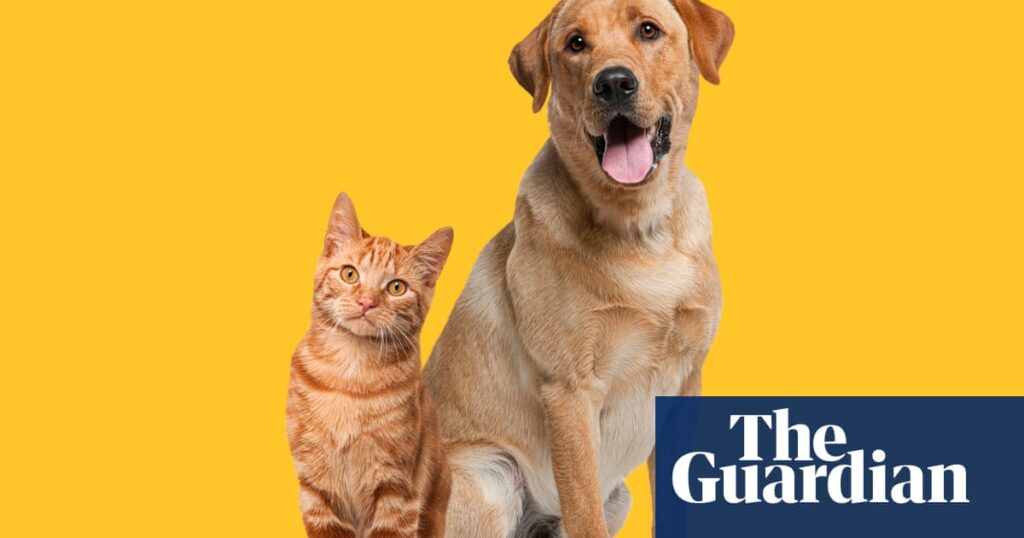
As Britain’s population continues to age and dementia rates rise, scientists may have discovered an unexpected ally in the battle against cognitive decline. New research suggests that owning a cat or dog might not only provide companionship but also help preserve certain brain functions as we grow older.
In what could be a breakthrough for preventive health, researchers have uncovered that having a four-legged friend is linked to slower cognitive decline. The study found that dog owners tend to retain sharper memory, both immediate and delayed, while cat owners exhibit a slower decline in verbal fluency.
Pet Ownership and Cognitive Health
While dogs and cats seem to offer cognitive benefits, the same cannot be said for all pets. Fish and birds, despite being charming companions, showed no significant link to cognitive health improvements. According to Adriana Rostekova, a researcher and lead author of the study published in Nature, “Pet ownership has been linked to a positive influence on cognitive functioning and cognitive decline in late adulthood.”
Rostekova, who works with the lifespan developmental psychology research group at the University of Geneva, analyzed data from eight waves of the Survey of Health and Retirement in Europe. Her research spanned an 18-year period, focusing on adults aged 50 and older. She examined the distinct roles of owning dogs, cats, birds, and fish, finding notable differences between the species.
Why Dogs and Cats Make a Difference
The study hypothesizes that the lack of cognitive benefits from fish and bird ownership may be due to several factors. Rostekova explained, “A fish or bird’s short lifespan may potentially limit the level of emotional connection one is able to develop with the pet fish.” Additionally, bird ownership might negatively affect sleep quality due to increased noise levels, which has been linked to cognitive decline.
Interactions with dogs and cats, on the other hand, may provide unique cognitive stimulation. Other research supports this, showing increased prefrontal brain activation and stronger attentional processes when interacting with a dog. Similarly, interacting with cats has been associated with activation of the prefrontal cortex and the inferior frontal gyrus, possibly due to their unpredictable temperament.
“There is also a possibility of increased social stimulation facilitated by cats and dogs, which may be linked to the slower cognitive decline experienced by their owners,” said Rostekova.
Implications for Healthy Aging
As the NHS grapples with an ageing population and rising dementia rates, these findings could reshape our understanding of healthy aging. Andrew Scott, author of The Longevity Imperative and a cat owner, notes, “We tend to think of health as being about disease and hospitals, but as we live longer, we need to focus on preventive measures that keep us healthy for longer.”
Scott emphasizes the importance of lifestyle in health, suggesting that the study offers a fun and meaningful way to stay engaged and healthy. “A lot of things we are recommended to do for our health aren’t always fun or companionable. Having a pet can be fun, and if it keeps you healthy, that’s a great bonus.”
Looking Forward
The research highlights the potential role of pets in promoting cognitive health as we age. While further studies are necessary to fully understand these dynamics, the findings suggest that the health system might extend beyond traditional medical care to include lifestyle choices that promote well-being.
As scientists continue to explore the connections between pet ownership and cognitive health, the study encourages a broader view of what constitutes a healthy lifestyle. For now, those with a furry friend by their side might find comfort in knowing their companionship could be contributing to a healthier, more cognitively resilient future.





